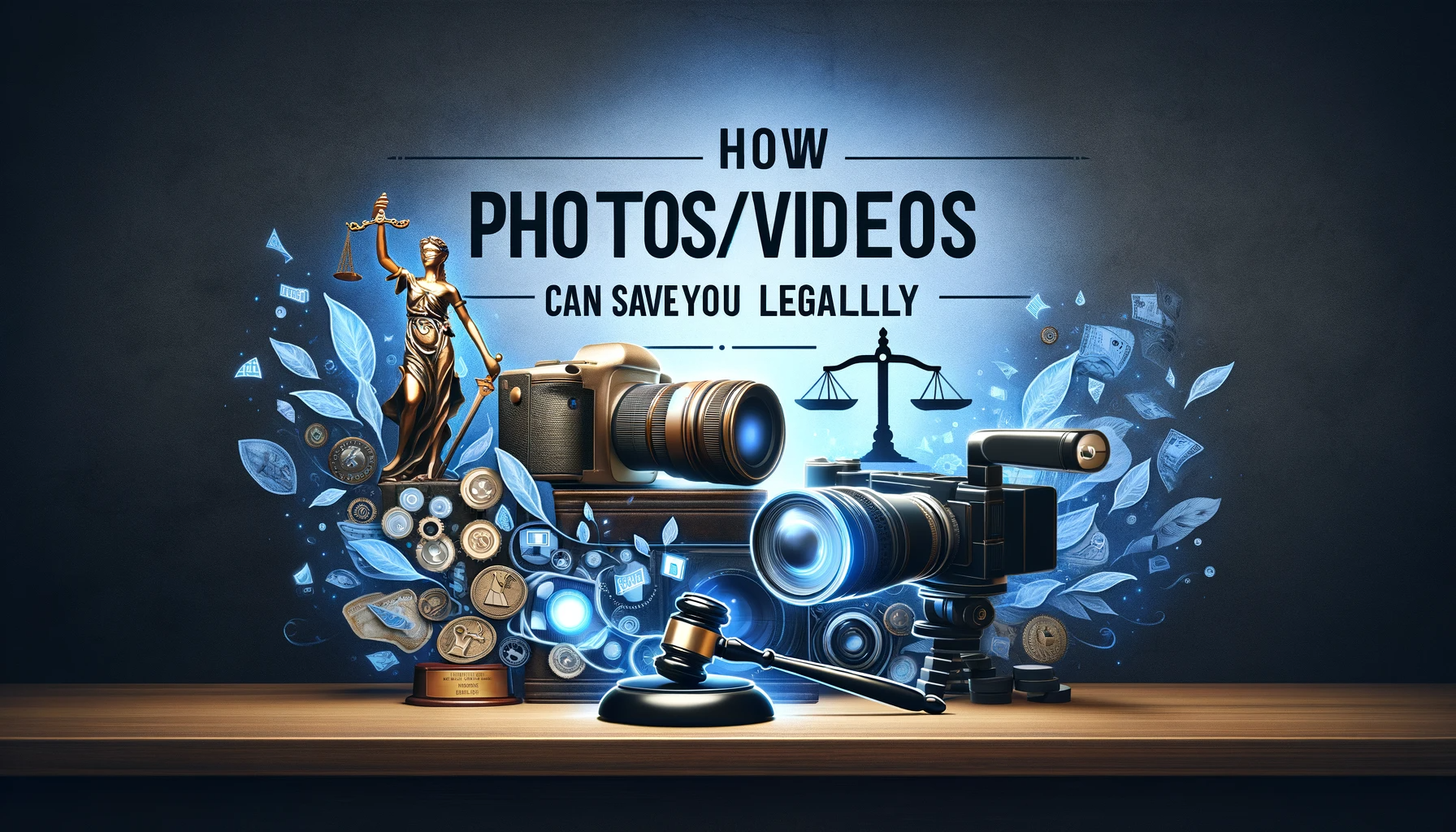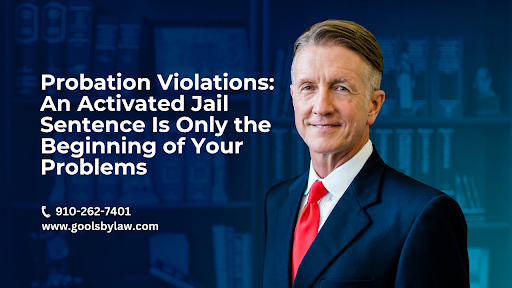Decoding the Complexities of Plea Bargaining in Criminal Defense
Within the convoluted pathways of the criminal justice system, plea bargaining stands out as an essential yet frequently misinterpreted instrument. It functions as a practical solution for crowded courtrooms and offers an alternative for defendants to evade the unpredictability of jury trials. This article probes into the complexities of plea bargaining, its various forms, and its influence on determining outcomes in criminal defense cases.
The Core of Plea Bargaining
Fundamentally, plea bargaining is a negotiation between the defendant and the prosecutor. The defendant agrees to a guilty or no contest plea in return for a reduction or dismissal of some charges or a lesser sentence. Despite some controversy surrounding this mechanism, it remains a vital component of the American legal system, representing over 90% of criminal convictions.
The Two Aspects of Plea Bargaining
Advantages of Plea Bargaining
Efficiency: Plea bargaining can significantly expedite the legal process, conserving time and resources for both the court and the defendant.
Predictability: It ensures a known outcome for the defendant, sidestepping the variability of a jury trial.
Reduced Sentences: Defendants frequently secure lighter sentences or fewer charges through plea bargaining.
Disadvantages of Plea Bargaining
Nonetheless, plea bargaining has its detractors. Their concerns comprise:
Pressure on Defendants: Critics argue that defendants might feel compelled to agree to a plea deal due to fear of severe punishment if found guilty at trial.
Coercion Possibility: Innocent people could plead guilty to crimes they did not commit if they lack appropriate legal representation.
Justice Issues: There are concerns that plea bargaining may permit guilty individuals to get lighter sentences than they would if found guilty at trial.
A Look at Types of Plea Bargaining
Plea bargaining isn't a uniform process. It encompasses several forms, each carrying its own unique implications:
Charge Bargaining: The defendant pleads guilty to a less serious charge, thus mitigating potential penalties.
Sentence Bargaining: The defendant pleads guilty as accused in exchange for a reduced sentence, offering certainty regarding sentence duration.
Count Bargaining: Relevant when faced with multiple charges, the defendant enters a guilty plea to some charges while others are dropped by prosecution.
Impacts and Timing of Plea Bargains
Plea bargains can be negotiated at any point during a criminal case, from before charges are filed until after conviction if appealed by the defendant. They do carry significant repercussions though. A guilty or no contest plea leads to conviction which may result in loss of certain civil rights. However, sealing or expunging a criminal record may be easier following a plea bargain.
A no contest plea or nolo contendere doesn't serve as an admission of guilt in related civil litigation which can be beneficial in cases with potential civil lawsuit repercussions.
Conclusion
Plea bargaining is an intricate process requiring careful deliberation and proficient legal counsel. While it can give rise to faster, more predictable outcomes, understanding its potential impact on one's record and future is vital.
Do not misinterpret this article. By no means should your particular case be plea bargained. You always have the right to a trial where the State must prove beyond a reasonable doubt each and every element of each and every charge filed against you. A seasoned trial attorney can discuss your situation with you and assist you in making the best decision on your case.
If you or someone close is confronted with criminal charges and contemplating a plea bargain or seeks a trial, don't hesitate to
contact Thom Goolsby at the Goolsby Law. He is ready to offer the guidance and representation you need to traverse the complexities inherent within the criminal justice system. You can text him right now at
910-262-7401.










